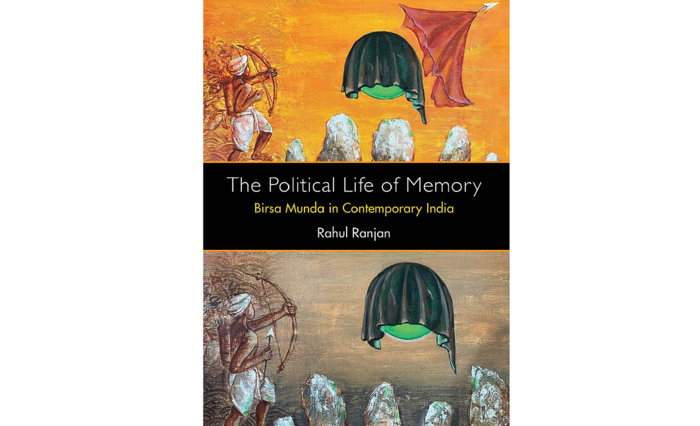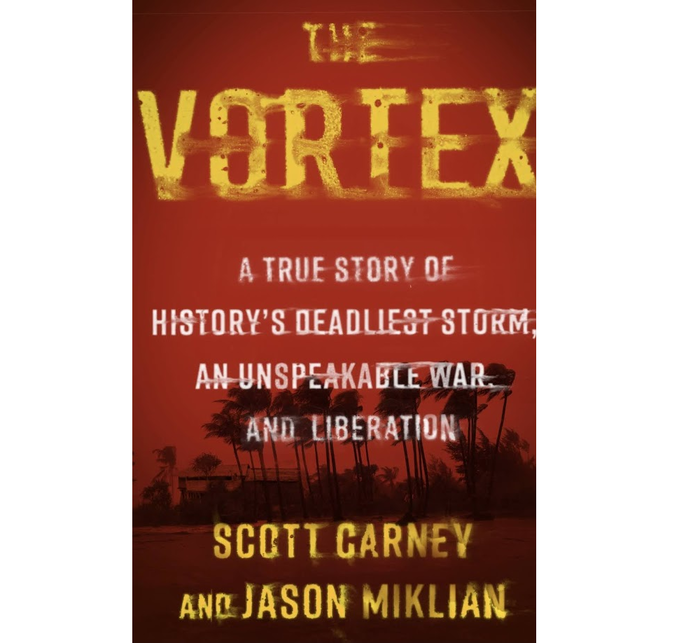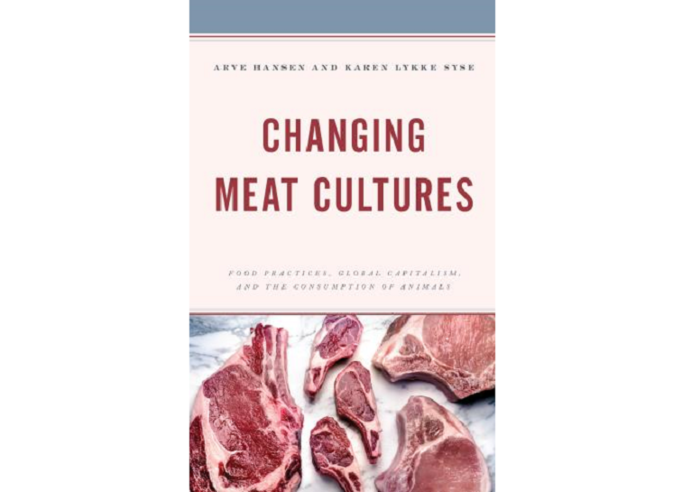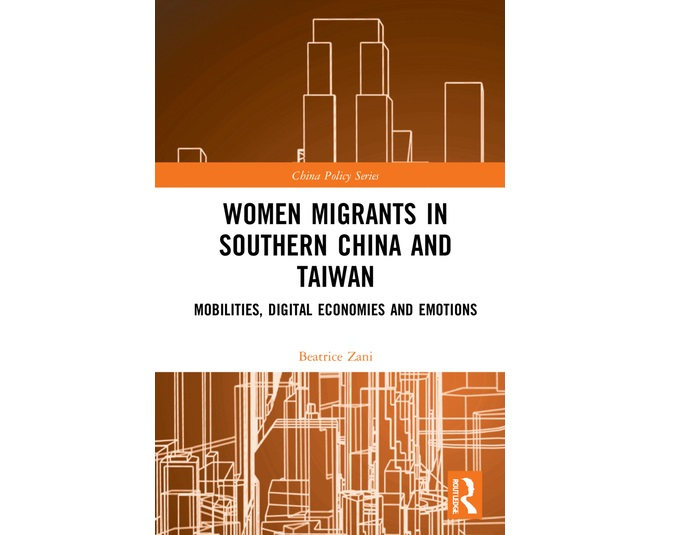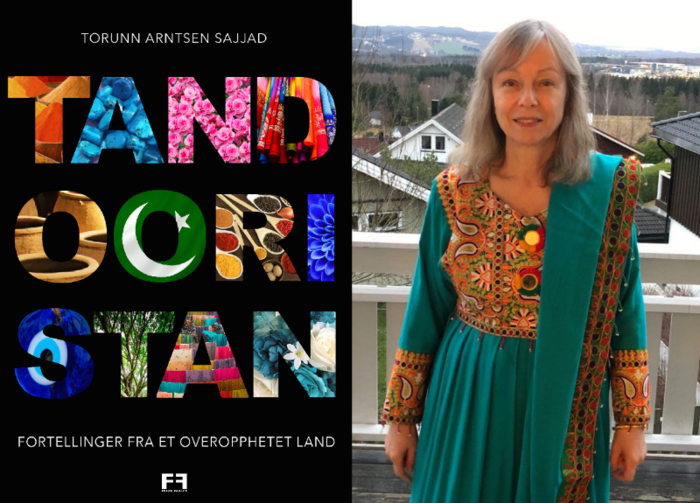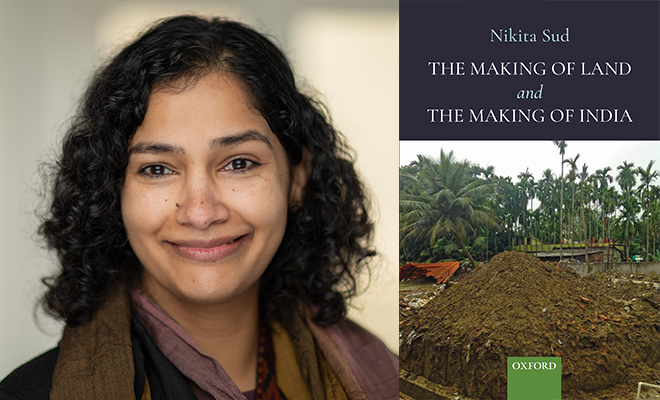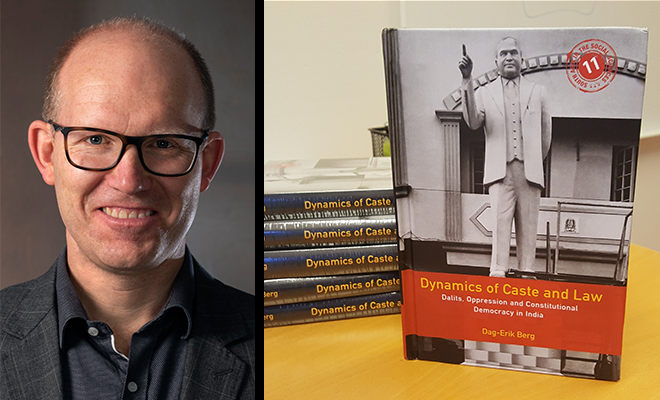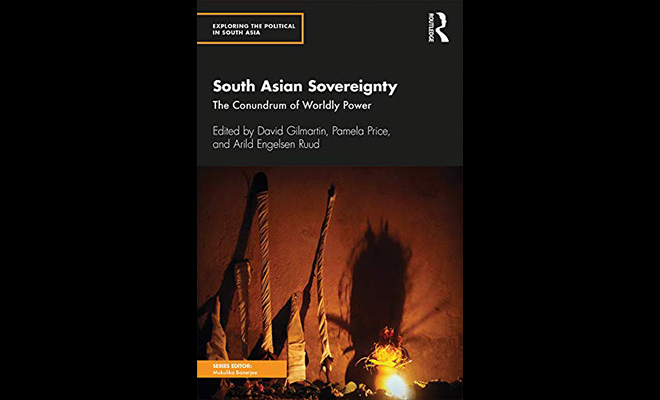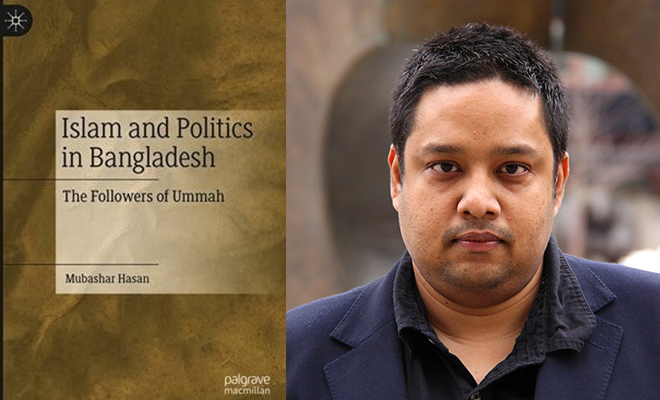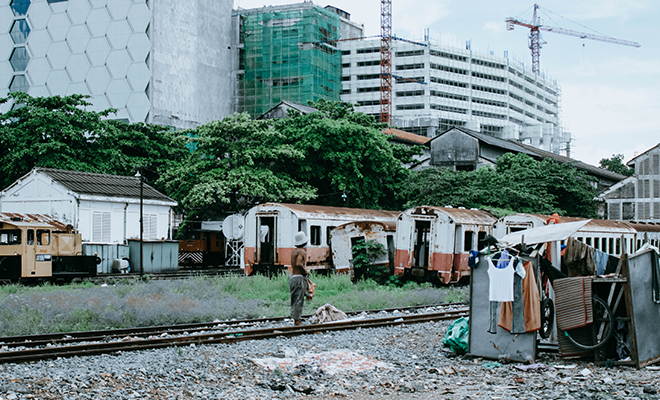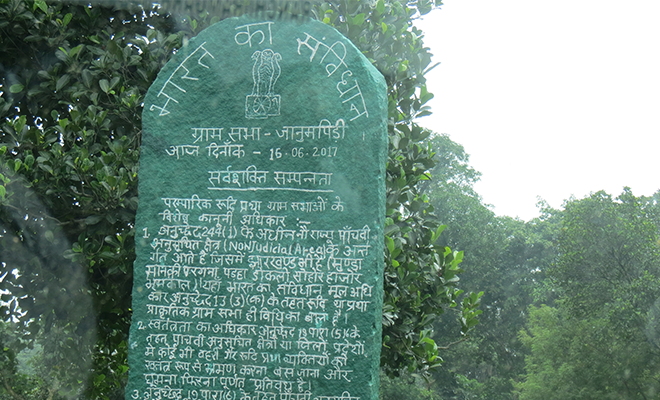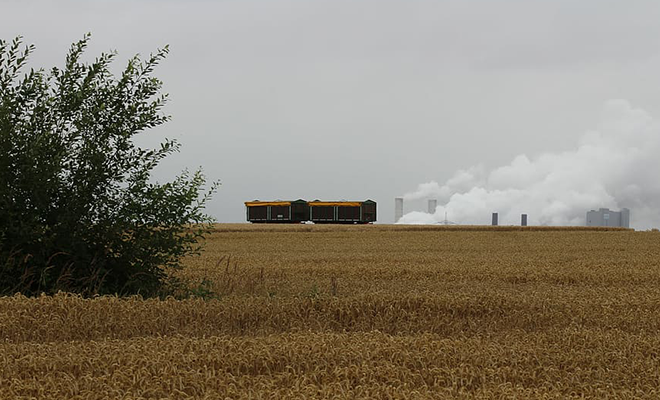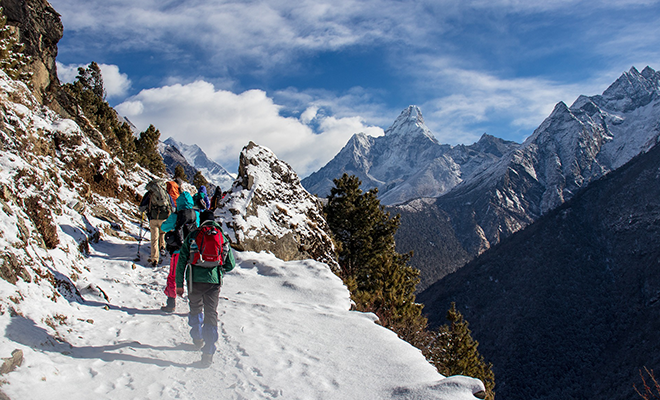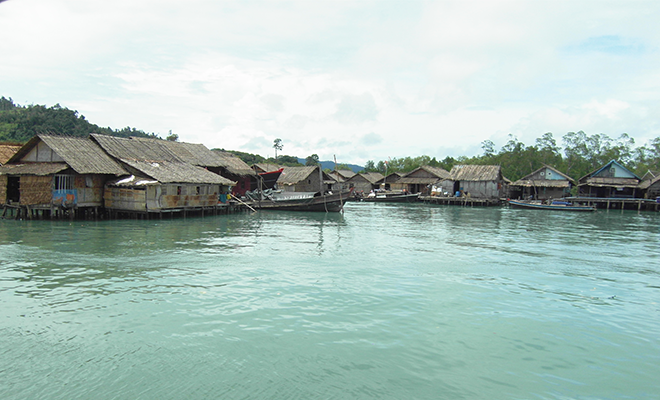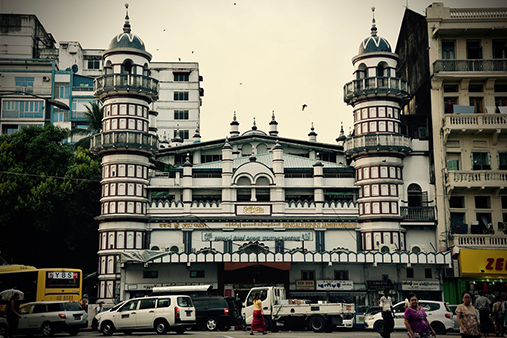ASIANET: seminar
Previous
Welcome to the launch of Dr. Rahul Ranjan’s new book!
Hvordan produseres kjøtt i dag og hvordan har våre forbruksvaner endret seg? Ny bok forteller en rekke historier om de dramatiske endringene i kjøttforbruket.
What is land and how is it made?
For Muslims the ummah is arguably more powerful than Western liberalism because it taps into Muslims' universalist identity as both individual and part of a collective, a broader community beyond nations and time.
In this ASIANET: fokus seminar, Simon Springer examines the plight of homeless peoples in Phnom Penh, Cambodia as a consequence of their enmeshment in a new logic of urban governance being effected by city officials and municipal planners.
Questions of agrarian transformation have been a staple of the social sciences since its early days, and they remain crucial in the twenty-first century.
Tourism is increasingly seen as a central pathway to inclusive development across the global south, yet the promotion of tourism as development is highly intangible - relying on the orchestration and extension of markets into often remote places. What does this notion of tourism as development look like from such ‘destinations’?
In this seminar, Sandya K. Hewamanne analyses how former factory workers navigate global capitalism. The seminar is the first in our new SDG Asia seminar series that addresses the Sustainable Development Goals (SDG) in the Asian context.
Do Indian cities offer women greater control over public spaces?
